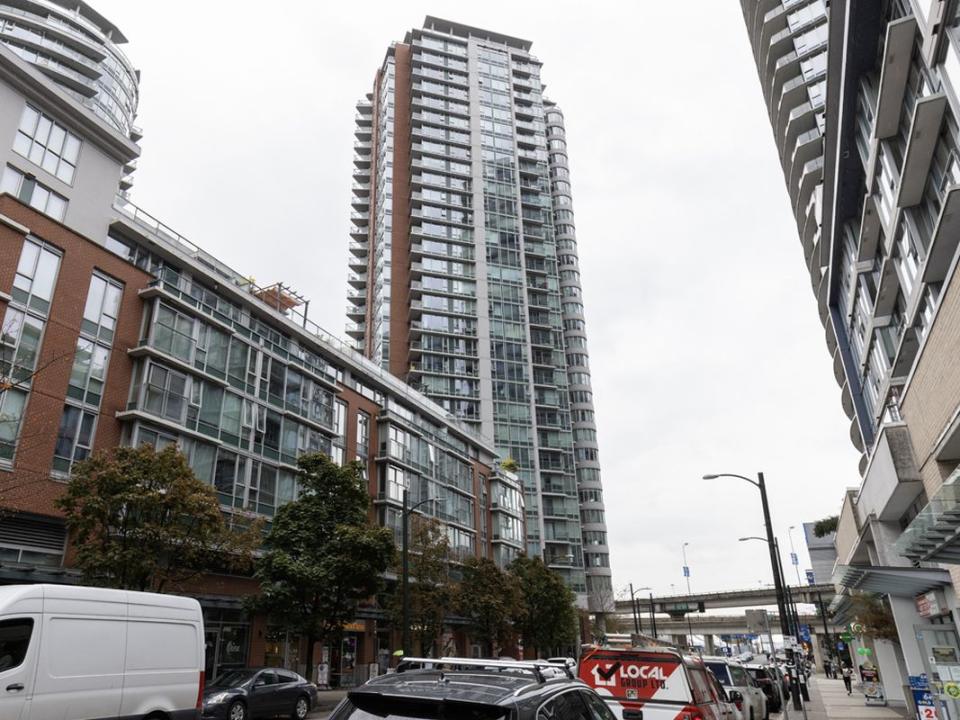Short-term rentals are adding to Canada's housing crisis, report finds

Short-term rentals are contributing to Canada’s ongoing housing affordability crisis, a new report suggests.
Canada currently has 235,000 short-term rental (STR) listings on platforms such as Airbnb and Vrbo representing the equivalent of 1.4 per cent of Canada’s overall housing stock or 4.9 per cent of the country’s long-term rental stock, the Dec. 4 report from Desjardins found.
“Studies overwhelmingly show that neighbourhoods with a high prevalence of STR listings have faster‑rising rents, lower vacancy rates for long‑term rentals and higher home sale prices,” said Desjardins senior director of Canadian economics Randall Bartlett and colleague Kari Norman.
Canada, like many other countries, is in the throes of a housing affordability and rental crunch.
Canada Mortgage and Housing Corp. estimates that Canada will need to add roughly 3.5 million units to the current pace of construction by 2030 to bring housing prices back within reach.
Renting isn’t much better.
National rents have been on an upswing, hitting $2,178 in October after bottoming just below $1,700 in spring 2021, said the latest report from rental platform Rentals.ca.
High interest rates have been blamed for forcing people who cannot afford the mortgage payments to rent rather than buy, straining the supply of rental units in the market.
Desjardins estimates the national vacancy rate was 1.9 per cent in 2022 — significantly below the long-term average of 2.7 per cent. Three per cent is considered the balanced market rate. Tight vacancy rates are prevalent across the country, not just in major urban centres such as Toronto and Vancouver, the economists said.
STRs also have a role to play in the squeezed rental markets.
“The shift away from long‑term rental (LTR) agreements removes units from the rental housing stock. This puts upward pressure on the rents paid by local residents by constraining supply. In addition, investors looking to purchase homes for use as full‑time STRs are in direct competition with would‑be owner-occupants. These impacts have commonly been dubbed the ‘Airbnb effect,’” Norman and Bartlett wrote.
The Airbnb effect caught the attention of the the federal government in its Nov. 21 budget update.
Finance Minister Chrystia Freeland announced that expenses related to STR income would no longer be eligible for income tax deductions in areas where STRs are prohibited or properties break the rules on licensing, permitting or registration requirements.
The Desjardins economists, however, aren’t convinced this will do much to ease housing pressure.
“While every little bit counts, we’re skeptical that these amounts will be enough to level the playing field between STRs and LTRs,” Norman and Bartlett said.
They aren’t the only ones.
The short-term rental proposal is, once again, poorly thought out and will set a dangerous precedent
Kim Moody
In a column for the Financial Post, accountant Kim Moody warned that the new regulations would force owners to not report income.
“The short-term rental proposal is, once again, poorly thought out and will set a dangerous precedent of taxing business owners on their gross income rather than their net profits. Does anyone really think this will encourage property owners to rent their properties long term, especially when most provinces have landlord/tenant legislation that is very sympathetic to tenants who are behind in their rent? It’s not easy and is very time consuming for a landlord to evict such tenants,” Moody wrote in his column.
Despite these concerns, more cities and provinces are implementing short-term rental regulations.
Toronto requires people renting for fewer than 28 days to obtain a license from the city. Other cities including Ottawa require permits to ensure that social housing units aren’t used as STRs. And in some jurisdictions, condo boards are allowed to ban STRs in their buildings. Vancouver has a policy that only allows short-term rentals in primary residences.
Provinces are stepping in, too. British Columbia passed the Short‑Term Rental Accommodations Act in October 2023 to try and return an estimated 16,000 commercial STRs to the long-term market. The act includes platform accountability: if a listing doesn’t include a valid business license, the STR platform must remove the listing at the request of the local government.
Platforms are also required to share listing information with the province, which may then share it with local governments.
Quebec enacted the Tourist Accommodation Act in 2021. Owners of units to be rented for 31 days or less must request a notice of compliance from their local municipality and then apply for a registration number. Platforms are required to have proof of permits and remove listings without permits from the system.
Attack on short-term rental owners encourages them to not report income
Buyers seek out houses with rental potential to offset mortgage costs
But Desjardins said governments will need to do more including setting specific and measurable goals, allocating sufficient financial and human resources to implement and enforce regulations, demanding accountability and disclosure of data from STR platforms.
“As hosting platforms evolve, STR policies aimed at non‑principal residence units will need ongoing monitoring, evaluation and adaptation. This could help ensure the future stability of the long‑term rental and housing markets in cities large and small nationwide,” they said.
• Email: gmvsuhanic@postmedia.com
Bookmark our website and support our journalism: Don’t miss the business news you need to know — add financialpost.com to your bookmarks and sign up for our newsletters here.

 Yahoo Finance
Yahoo Finance 